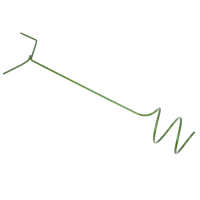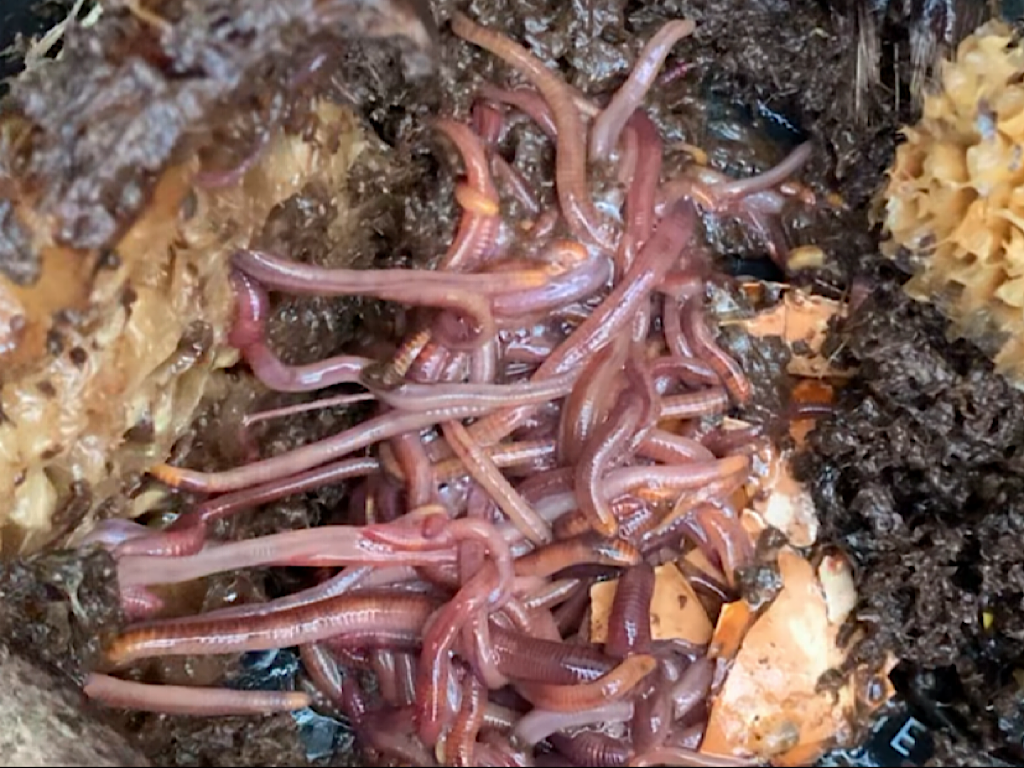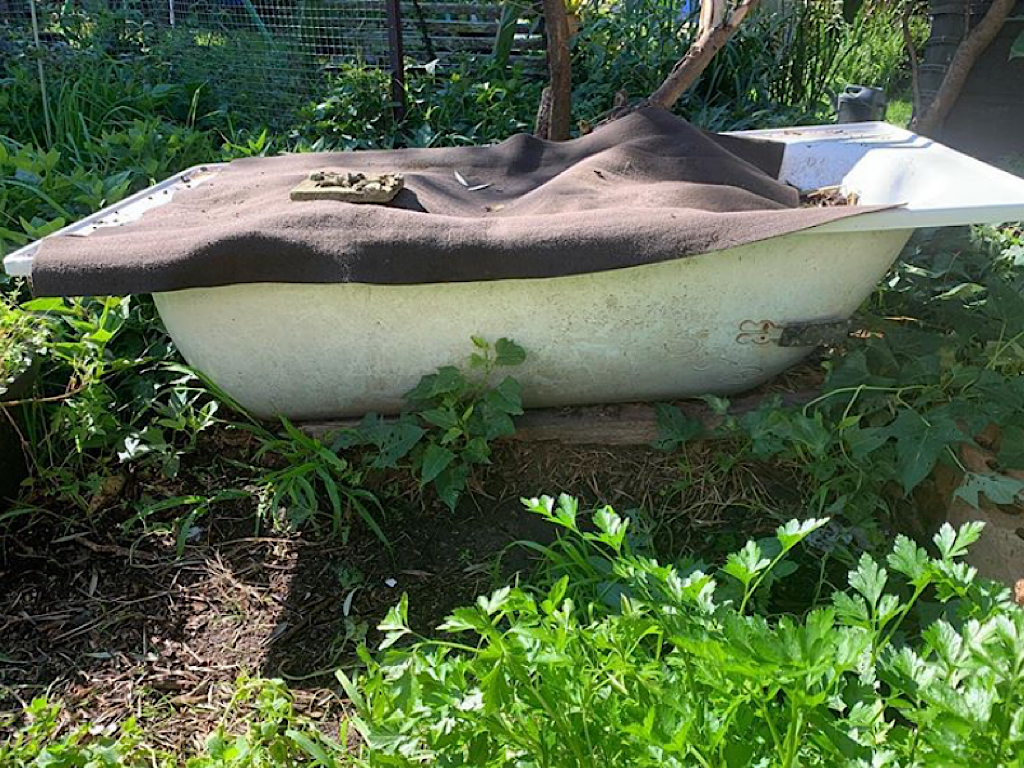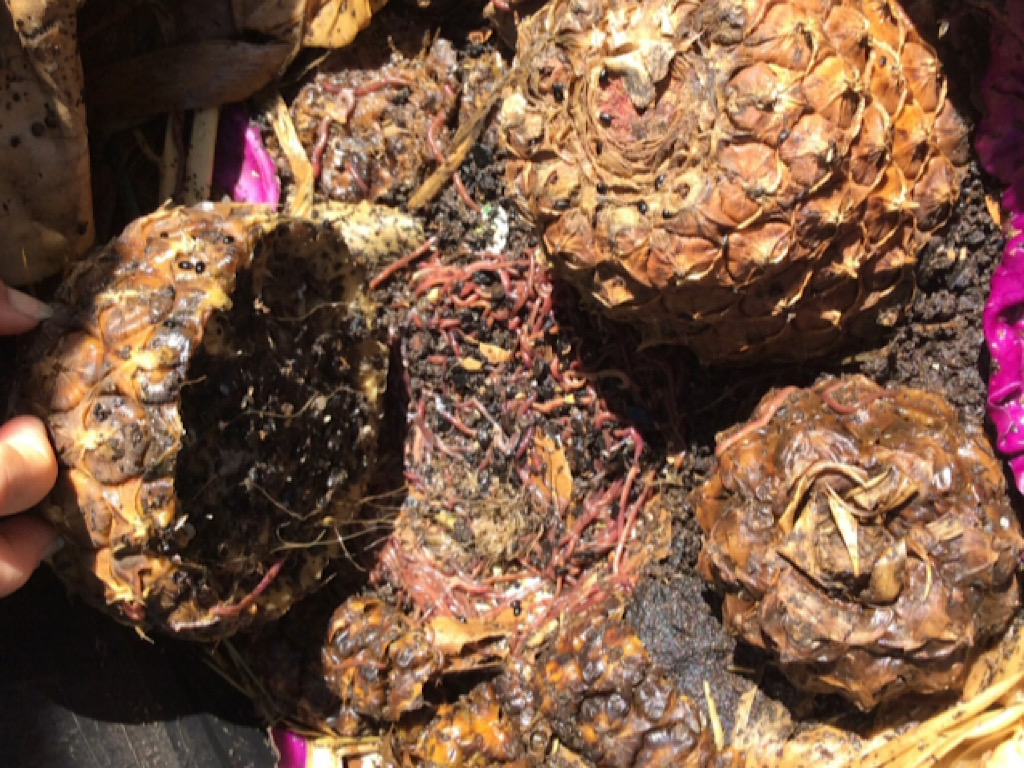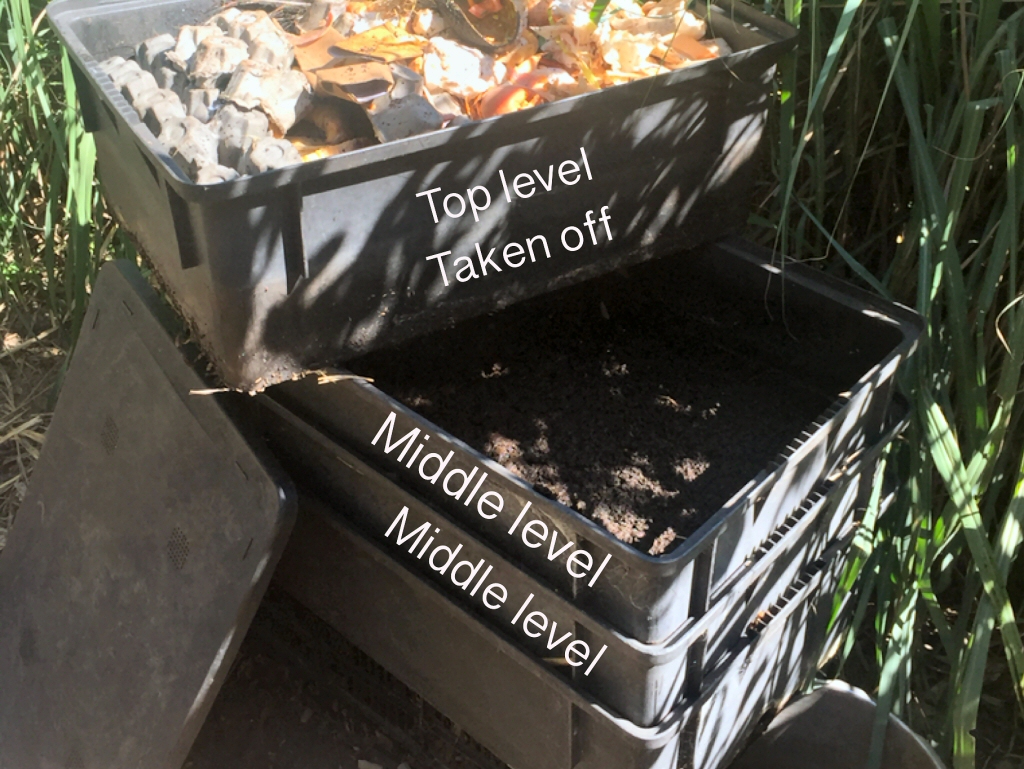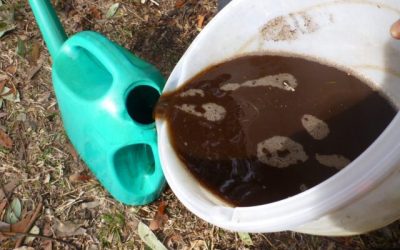Q - What is an ideal pH of compost? A - Excessively high acidity or alkalinity levels can hinder the efficiency of worms and microorganisms at work in a compost bin. The ideal conditions for maximum efficiency is a neutral reading of 7.0. The composting process often...
Articles
Soil building and composting
What Items Can I Put Into My Compost and Worm Farm?
I Often get asked the question about what you can and can't put into your compost or worm farm. Strictly speaking the answer is that anything that was once living can be composted or put into the worm farm, however, in practical terms the answer is not as straight...
Winter Worm Farm Tips
Composting worms tend to do best in temperatures around 15 - 24 degrees celsius ( 59 F - 75.2 F). So, how do we keep a worm farm population happy and healthy when the weather outside varies a lot from season to season? This article will look at some ways to help your...
How To Turn An Old Bath Tub Into A Vermicompost Unit
In a bid to do my part in the War On Waste, I am very conscious about minimising the amount I throw in the bin or send to landfill. The idea of repurposing something that might otherwise end up wasted and then using it to stop biodegradable items heading there too is...
Myth Busting Worm Food – Pineapple
A quick search over the internet reveals many different sites saying that pineapple should not be added to worm farms. Some sites even say that pineapple could harm and even kill the worms. I love fresh pineapple and it goes into my worm farm regularly. I always...
Managing Multi Level Worm Farms
There are many different ways to compost and worm farm. Anyone who is keeping biodegradable material out of landfill and allowing it to return to the Earth as nature intended is reducing their own carbon footprint. I say to you, well done! Composting and worm farming...
Hot composting versus cold composting
Most gardeners envisage a compost heap as a hot steamy affair that breaks down within a matter of weeks leaving a rich brown organic material that can be dug into the soil to not only improve the soil's nutrient levels but also help to increase its water and nutrient...
The science behind compost heaps
Composting is a process that can be done in a number of different ways. If we understand a bit about the basic microbiology of composting we can choose a method of composting that will best suit our backyard situation. [gallery link="file" columns="2"...
How can I use compost to reduce soil borne root diseases
Controlling soil-borne diseases with compost Organic gardeners have long observed that the use of compost makes for healthy plants. A substantial body of scientific evidence is now emerging to support the intuitive feelings of the devotees of compost. There are...
The easiest composting method of all
Composting is simply the process Mother Nature uses to dispose of her organic waste materials (in other words anything that was once living). In its commonest form it is the carpet of leaves, sticks and other material on the forest floor that is gradually recycled...
How to make free organic liquid fertilisers
Free liquid fertilisers! It requires surprisingly little effort to make your own organic fertilisers from various waste materials we generate every day around the house. Not only does this help the environment, it also saves money in fertiliser and potting mix costs....
Worm Farm Blankets
This video explains why it is desirable to use some sort of blanket on the top layer of worm farm. It also looks at the options for blankets for worm farms. [gallery link="file"...
Mulch and Feed in the Garden
How to mulch and feed at the same time In all but the coldest parts of Australia plants are awakening from their winter slumber by August or September. The surge in growth that is triggered by spring conditions needs to be accompanied by sufficient moisture and...
There is a composting method for every household! -video
This video shows you a wide range of composting methods and solutions that are designed to demonstrate that there is a method to suit every situation. For medium to high density...
How to make free liquid organic fertiliser -video
This video shows you how to make your own free liquid organic fertiliser from a simple domestic worm farm. Every day we generate significant quantities of organic materials,...
Can you add citrus peel and onion skin to a worm farm video?
This video shows you how you can add citrus peel and onion to a worm farm quite successfully. Simply chop it up into small pieces and mix it into your other kitchen scraps to...
Keeping your worm farm cool in summer video
This video shows you how to protect worm farms from the extremes of high temperature in summer. Keeping your worm farm in a shady spot will help, as will covering it in a wet...
Harvesting worm castings from your worm farm video
This is a video about how to harvest free fertiliser from a domestic worm farm. Stackable worm farms are readily available from nurseries and hardware outlets and are an...
Composting tips
Composting made simple Bury your scraps- If it is impossible to have a compost bin or heap a simple alternative is to dig a shallow hole and bury your organic waste. The earthworms will multiply in the soil and digest the added material as well as cultivate it for...
Using seaweed products in the garden
What are the benefits of seaweed products in the garden? Seaweeds and their various derivatives are some of the more interesting organic materials that can be used to help create healthier, more sustainable soils and plants. In order to better understand how such...

